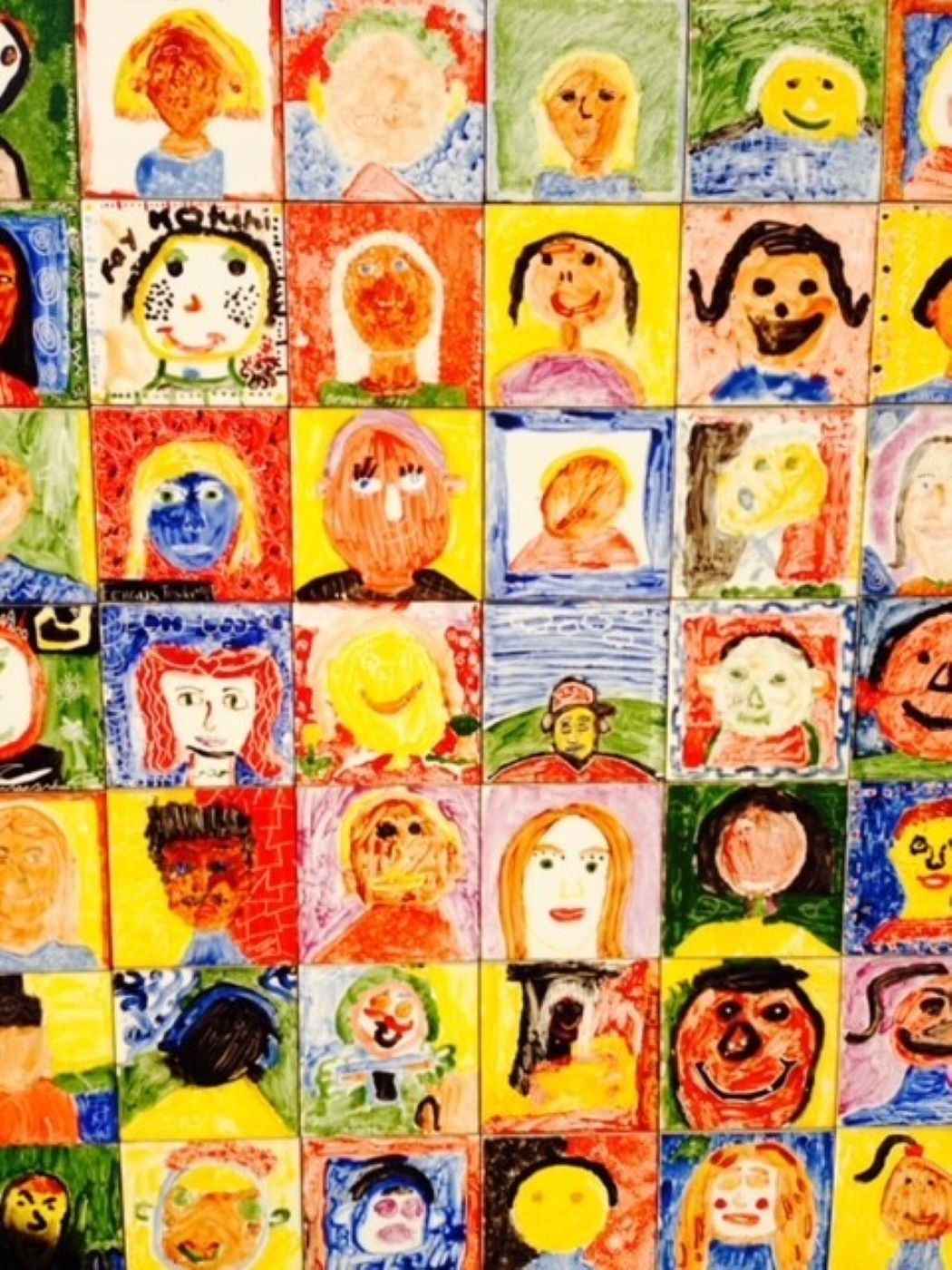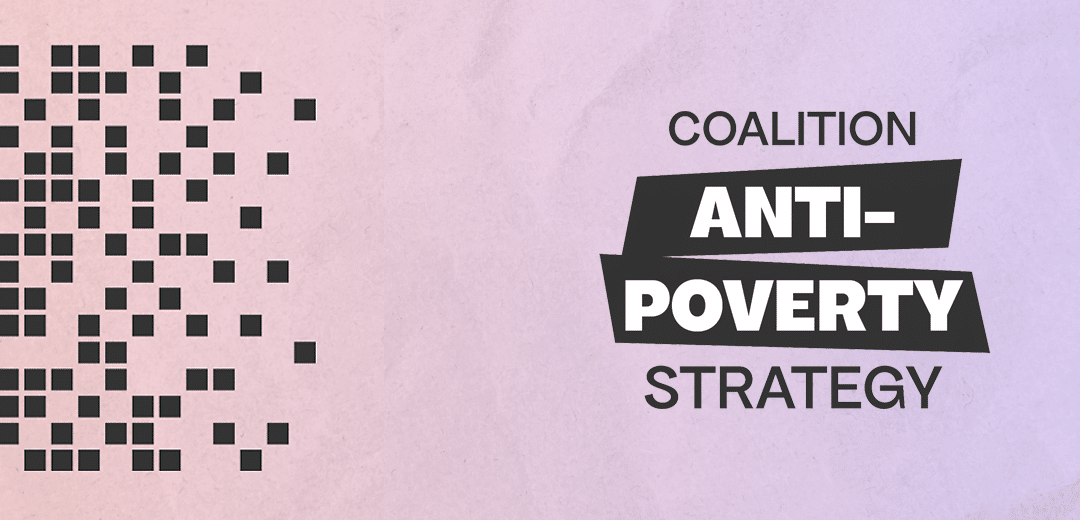Collaboration is Crucial Between Governments and Civil Society in Combating Child Poverty and Social Exclusion
Blog by Dr. Ally Dunhill, Eurochild Director of Policy, Advocacy and Communications, on why governments and decision makers should collaborate with civil society organisations if they want to reduce child poverty and social exclusion.
On 20 November, World Children’s Day, Eurochild launched the 2023 report Children’s Rights: Political will or won’t? A report based on assessments provided by 38 Eurochild members in 26 countries.
Eurochild Members, civil society organisations, individual experts, and authorities, consistently provide valuable analysis and perspectives on the real-life situations of children throughout Europe, shedding light on both positive and negative influences on children and their families.
Eurochild Members possess a wealth of knowledge and experience.
Therefore, I want to outline why governments and decision makers should collaborate with civil society organisations if they want to reduce child poverty and social exclusion.
- Expertise and Experience: Civil society organisations often have specialised knowledge and experience in working directly with vulnerable populations, including children in poverty. They bring insights and perspectives that can enhance the effectiveness of strategies aimed reducing poverty.
- Community Connection: Civil society organisations are often deeply rooted in local communities, allowing them to have a more nuanced understanding of the specific challenges faced by children and families in poverty. This connection helps tailor and deliver interventions to the unique needs of the community.
- Innovative Solutions: Collaboration fosters the exchange of ideas and promotes innovation. Civil society organisations may develop and implement innovative approaches to address child poverty that governments might not have considered. Their flexibility and creativity can complement government efforts.
- Advocacy and Awareness: Civil society organisations play a crucial role in advocacy and raising awareness about child poverty and social exclusion. They can amplify the voices of affected communities, including children, influencing public opinion and putting pressure on governments to prioritise and address the issue.
- Efficient Resource Allocation: Collaboration allows for more efficient use of resources. Civil society organisations often operate with lower administrative overheads and can implement targeted, community-driven initiatives, ensuring that resources are directed where they are most needed.
- Monitoring and Accountability: Civil society organisations can serve as independent watchdogs, monitoring government initiatives and holding them accountable for their commitments to eradicate child poverty and social exclusion. This ensures transparency and helps maintain a focus on long-term goals.
- Community Empowerment: Involving civil society organisations empowers local communities to take an active role in addressing child poverty and social exclusion. This participatory approach fosters a sense of ownership and sustainability in efforts to reduce reducing poverty.
- Faster Response to Changing Needs: Civil society organisations are often more agile and can respond quickly to changing circumstances. This flexibility is crucial in addressing the dynamic nature of child poverty, especially in the face of unexpected challenges such as economic downturns or public health crises.
In summary, collaboration between governments and civil society organisations is essential for a comprehensive, community-focused, and sustainable approach to reducing child poverty and social exclusion. It leverages the strengths of both sectors, can ensure that the voices of those impacted by poverty are heard and listened to, ultimately leading to more effective and inclusive policies.



